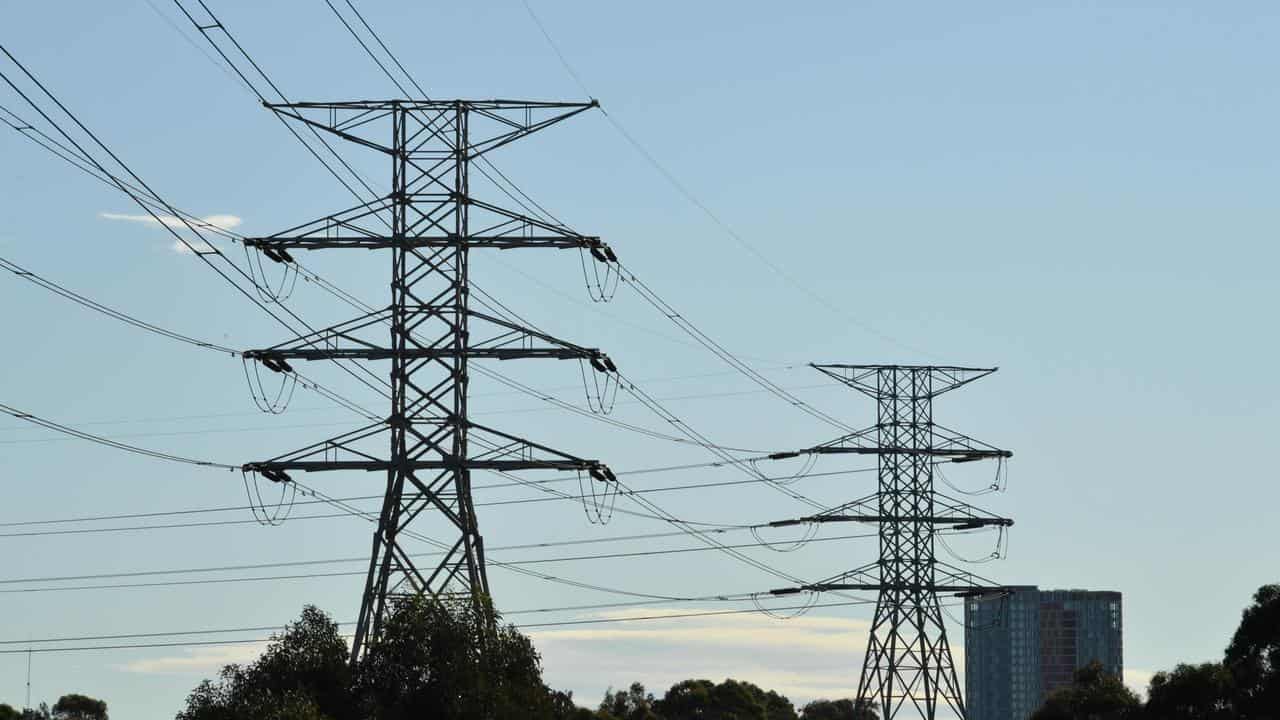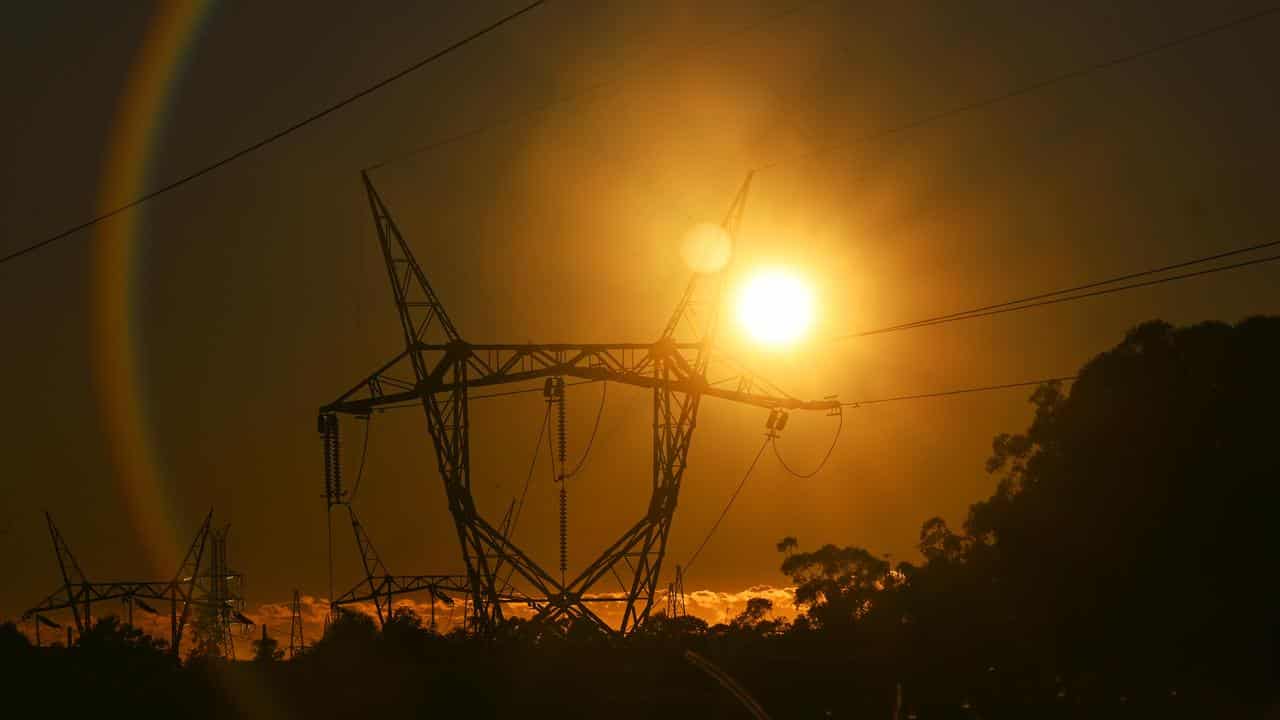
What was claimed
Landholders who have transmission lines built on their land do not receive financial benefit.
Our verdict
Mostly false. NSW, Victoria and Queensland offer financial benefit for allowing transmission projects to be built on private land.
AAP FACTCHECK - Nationals leader David Littleproud claimed that landholders who have transmission lines built on their property don’t receive financial benefit.
This is mostly false. Landholders in NSW, Victoria and Queensland receive financial benefit through state government schemes for hosting new transmission projects.
Landholders hosting these power lines also receive compensation from transmission companies across all states and territories.
Mr Littleproud made the claim in an interview on the ABC’s Insiders program on August 18 (12 minutes, 57 seconds).
“While the landholders that might get the turbines and solar panels, they may get some financial benefit, those with the transmission lines don’t,” Mr Littleproud said.

When asked for the evidence to support his claim, Mr Littleproud’s office stated that he misspoke on the program.
In a statement to AAP FactCheck, Mr Littleproud said: “I acknowledge I misspoke in my answer in that interview.
“What I was trying to articulate was that those forced into hosting transmission lines don’t receive an equitable level of financial benefit in comparison to the wind and solar hosts.”
However, the senator has not otherwise publicly corrected his statement at the time of publication.
In the three most populous states, landholders receive financial benefit for allowing new transmission line projects to be built on their land.
The NSW and Victorian governments offer very similar benefit schemes that award landholders around $200,000 per kilometre of transmission hosted, paid in annual instalments over 20 or 25 years respectively.
The Queensland state’s government scheme is more generous, with a baseline scenario proposed to offer around $300,000 per kilometre, subject to differences in land value.
Landholders hosting transmission lines in all states and territories also receive compensation from transmission companies.

A spokesperson for the Department of Climate Change, Energy, the Environment and Water told AAP FactCheck that “companies must negotiate with impacted landholders to access their land for transmission easements”.
Easements are the corridors of land that transmission towers stand on.
For wind and solar projects, compensation agreements are struck between landowners and developers, according to the Australian Energy Infrastructure Commission.
These are similar to commercial lease agreements.
The commission says that for wind farms, host landholders “are generally paid a fixed amount per turbine per year under a long-term agreement for the life of the wind farm”.
For solar farms, landowners “are generally compensated by a fixed annual amount per hectare”.
The Verdict
Mostly False – The claim is mostly inaccurate but includes minor elements of truth.
AAP FactCheck is an accredited member of the International Fact-Checking Network. To keep up with our latest fact checks, follow us on Facebook, Twitter and Instagram.









